Seven arrested with ivory from four elephants poached in Magude, Mozambique - Watch
Mozambique: Public-private partnership will galvanise eco-tourism – minister
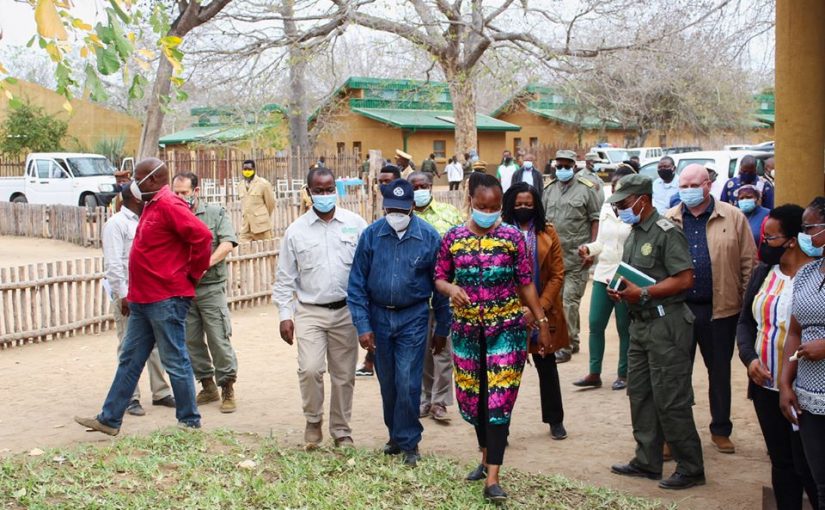
All photos: Courtesy of Ministério da Terra e Ambiente
The government will in the near future prioritise public-private partnerships in the exploitation of nature-based tourism potential in order to attract more investment and increase the socio-economic progress of communities.
This idea was mentioned recently in Inhambane by the Minister of Land and Environment, Ivete Maibasse, after inaugurating the new headquarters of the Zinave National Park, in the district of Mabote.
Minister Maibaze stressed the importance of public-private partnerships in the sustainable management of conservation areas and in the promotion of mechanisms for the generation of revenue through nature-based tourism.
Speaking on Friday, August 21, 2020, the minister stated that, in the scope of promoting the participation of different players in the conservation of biodiversity, the government had in 2015 signed a co-management agreement for the Zinave park with the Peace Parks Foundation, with a prospective investment worth US$20 million – which had in the end totalled US$26 million.
The amount in question was disbursed to enable projects to improve the management capacity of the Zinave National Park, to restock and develop infrastructure for ecotourism and for partnerships with communities.
According to the minister, “since the signing of this agreement, significant progress has been made, such as the reintroduction of 2,165 animals of various species, especially elephants and sables, a species that was no longer seen in the park. But tourism and management infrastructure was also built, such as an office block, a dormitory for workers, inspection posts, a water collection and treatment system, communication infrastructure, access roads, as well as improvements to the airstrip and entrance gate”.
This investment created conditions for the development of tourism, and, in the government’s current five-year mandate, the development of a Tourism Development Plan was foreseen, as well as the concession of at least three areas of tourism development within the Zinave National Park as a way to boost eco-tourism and synergies for the combination of coastal tourism and game watching.
Regarding inspection, the minister highlighted the increase in the number of rangers over the last five years, and in the application of technology, in means of land and air transport, the removal of a total of 31,044 mechanical traps, the seizure of 287 fire weapons,467 cubic metres of wood and the neutralisation of 179 poachers.
“It is important to highlight that, in the Zinave National Park, there was an improvement in the means of inspection, infrastructure for rangers, aerial and terrestrial means and technology through the use of necklaces for fauna monitoring and digital radio communication systems that cover the entire surface of the park and buffer zone, allowing the monitoring of poachers’ incursions in the park,” Minister Maibaze concluded.
Occupying an area of more than 4,000 square kilometres, the Zinave National Park was established in 1973, and is an important transit point for the nomadic mammals that cross the Save River in Inhambane province, southern Mozambique.


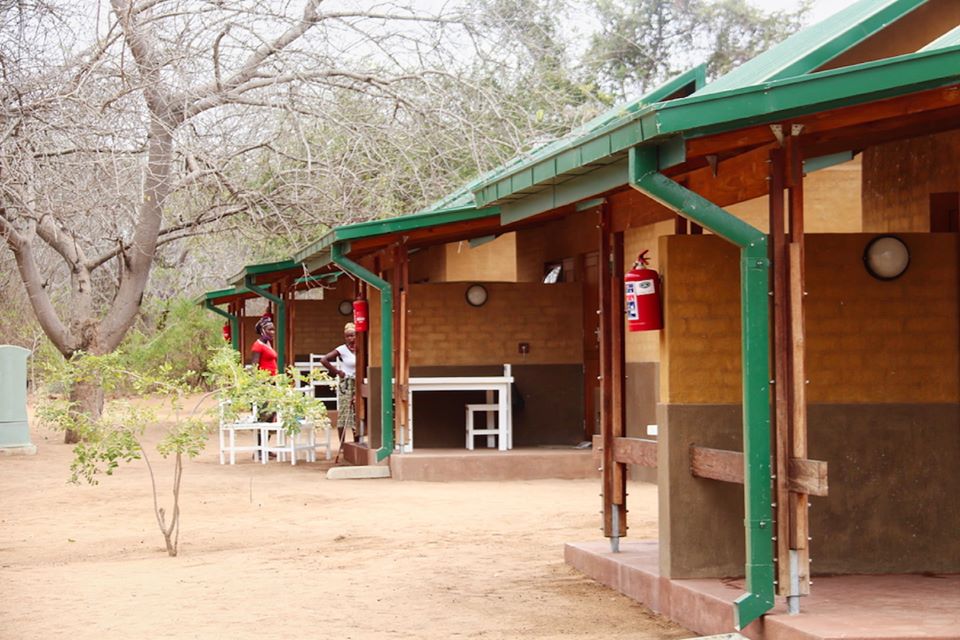
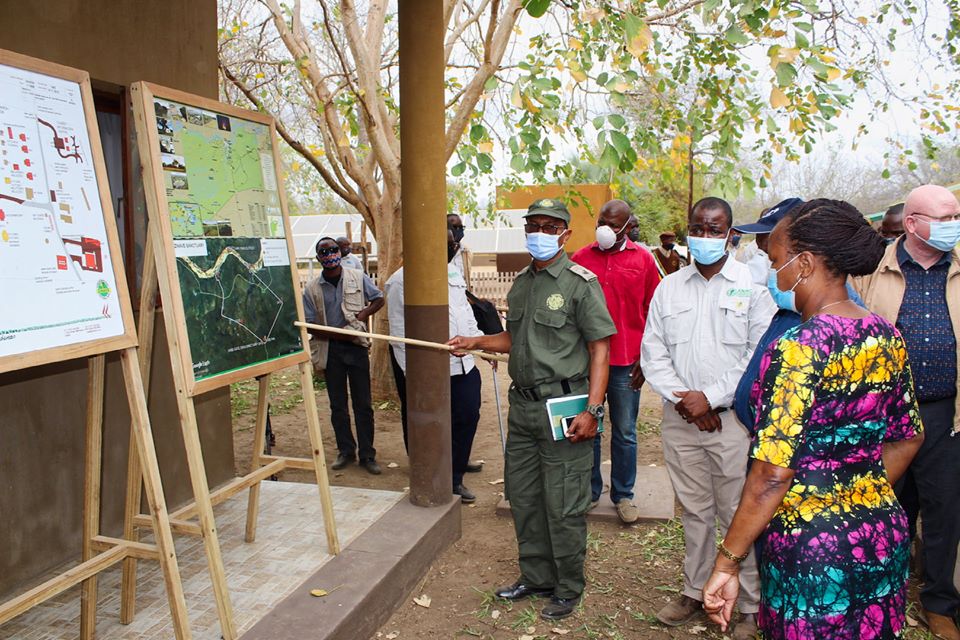
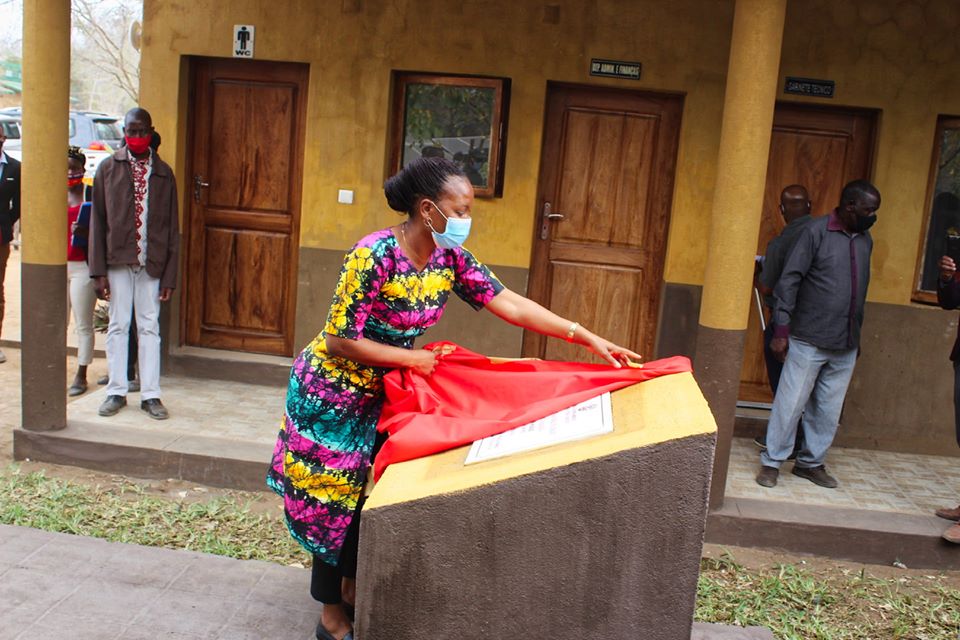

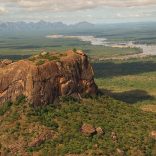








Leave a Reply
Be the First to Comment!
You must be logged in to post a comment.
You must be logged in to post a comment.